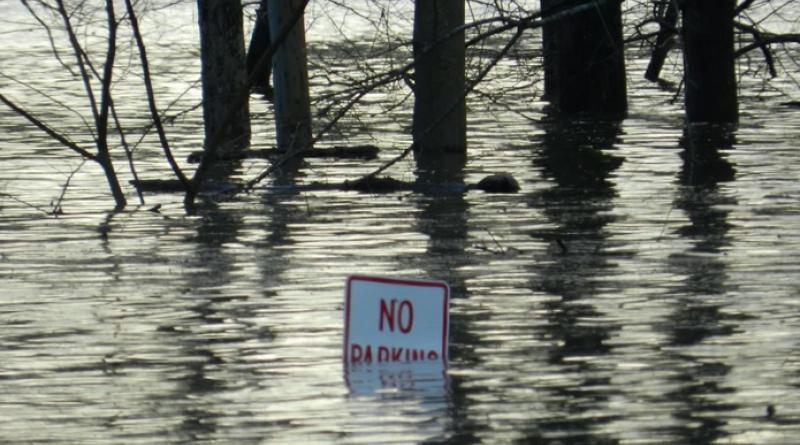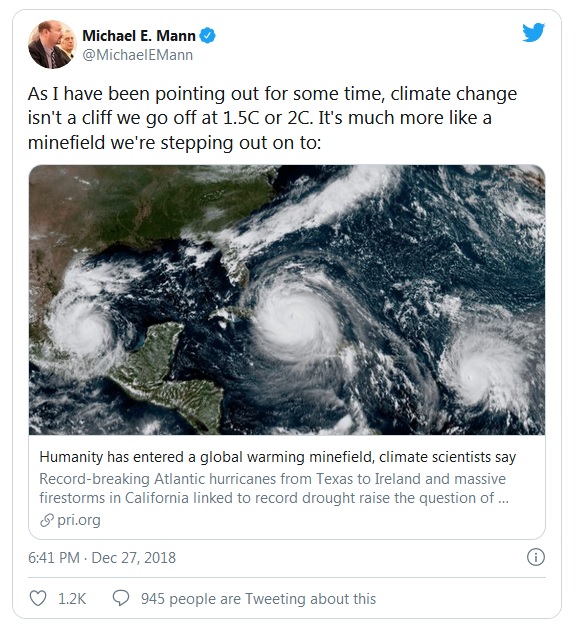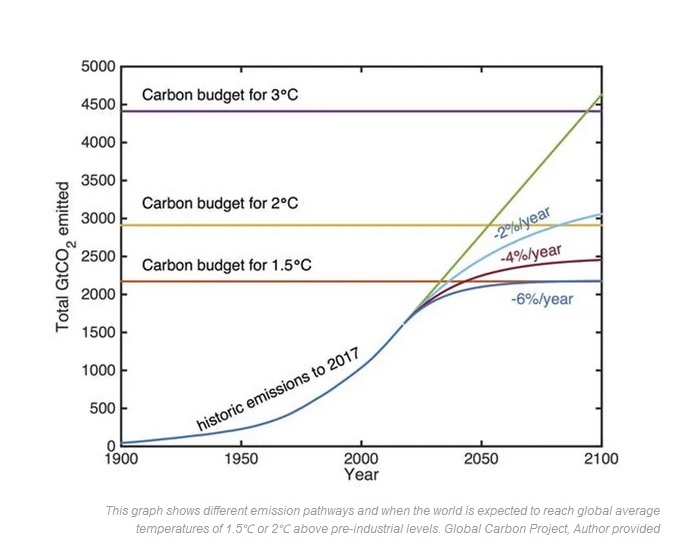Climate Explained: Are We Doomed If We Don’t Curb Carbon Emissions by 2030?

By Robert McLachlan
Climate Explained is a collaboration between The Conversation, Stuff and the New Zealand Science Media Centre to answer your questions about climate change.
If you have a question you'd like an expert to answer, please send it to climate.change@stuff.co.nz
Is humanity doomed? If in 2030 we have not reduced emissions in a way that means we stay under say 2℃ (I've frankly given up on 1.5℃), are we doomed then?
Humanity is not doomed, not now or even in a worst-case scenario in 2030. But avoiding doom — either the end or widespread collapse of civilization — is setting a pretty low bar. We can aim much higher than that without shying away from reality.
It's right to focus on global warming of 1.5℃ and 2℃ in the first instance. The many manifestations of climate change — including heat waves, droughts, water stress, more intense storms, wildfires, mass extinction and warming oceans — all get progressively worse as the temperature rises.
Climate scientist Michael Mann uses the metaphor of walking into an increasingly dense minefield.

Good Reasons Not to Give Up Just Yet
The Intergovernmental Panel on Climate Change described the effects of a 1.5℃ increase in average temperatures in a special report last year. They are also nicely summarized in an article about why global temperatures matter, produced by NASA.
The global average temperature is currently about 1.2℃ higher than what it was at the time of the Industrial Revolution, some 250 years ago. We are already witnessing localized impacts, including the widespread coral bleaching on Australia's Great Barrier Reef.




